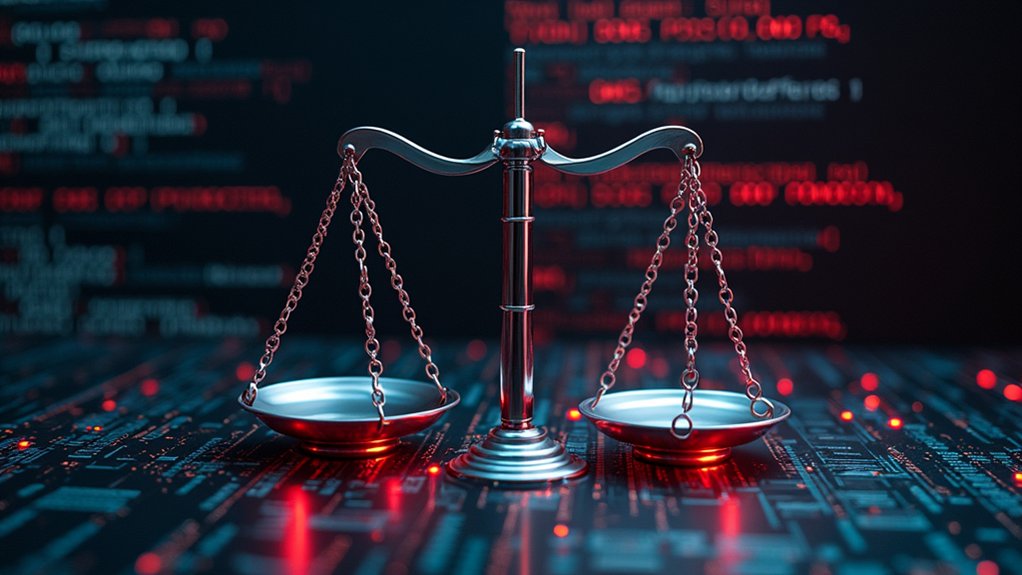AI systems show concerning bias against Muslims and Asians. Facial recognition technology often fails to accurately identify Asian faces. Muslim terminology gets flagged more frequently in content moderation. These biases affect critical services like healthcare, housing, and finance. Systems may deny credit based on Asian surnames or Muslim addresses. Though the EU is working on regulations, gaps remain in addressing this discrimination. The impacts of these hidden biases extend far beyond simple technical flaws.
As technology becomes more integrated into daily life, AI systems are increasingly making decisions that affect people’s lives in significant ways. These systems, often viewed as neutral and objective, can contain harmful biases that impact marginalized communities, particularly Muslims and Asians.
Algorithmic bias occurs when computer systems produce unfair outcomes repeatedly due to flaws in their design or training data. These biases don’t appear by accident. They stem from pre-existing cultural expectations, historical data reflecting societal prejudices, and technical limitations in how algorithms are built.
Facial recognition technology shows this problem clearly. Many systems have lower accuracy rates when identifying people of Asian descent compared to other groups. This isn’t just a technical issue—it has real consequences when these systems are used for security, employment, or law enforcement purposes.
Social media platforms and search engines also demonstrate bias. Muslims often face algorithmic discrimination through content moderation systems that flag religious terminology as potentially problematic. Meanwhile, Asian names or cultural references may trigger unexpected restrictions or classifications. The large language models powering many of these systems exhibit significant language bias due to their training predominantly on English data.
The impact extends to critical areas like healthcare, housing, and financial services. For example, lending algorithms might unfairly deny credit to qualified applicants with Asian surnames or addresses in mainly Muslim neighborhoods. These systems can link seemingly neutral inputs to sensitive attributes through hidden correlations. The stereotyping bias in these algorithms often reinforces harmful generalizations about religious and ethnic groups.
Recent regulatory efforts have begun addressing these issues. The European Union’s Artificial Intelligence Act, approved in 2024, provides some oversight for high-risk AI applications. However, significant gaps remain in how different countries handle algorithmic discrimination.
The problem goes beyond technical fixes. People tend to trust algorithm results due to automation bias—the tendency to view computer-generated decisions as more authoritative than human ones. This perceived objectivity can mask discrimination.
As AI becomes more powerful, addressing algorithmic prejudice against Muslims, Asians, and other marginalized groups isn’t just a technical challenge—it’s a social justice imperative requiring vigilant monitoring and accountability.
References
- https://en.wikipedia.org/wiki/Algorithmic_bias
- https://azwww.chapman.edu/ai/bias-in-ai.aspx
- https://www.accuray.com/blog/overcoming-ai-bias-understanding-identifying-and-mitigating-algorithmic-bias-in-healthcare/
- https://www.holisticai.com/blog/what-is-ai-bias-risks-mitigation-strategies
- https://www.workplacefairness.org/understanding-algorithmic-discrimination-how-bias-persists-in-ai-systems/









